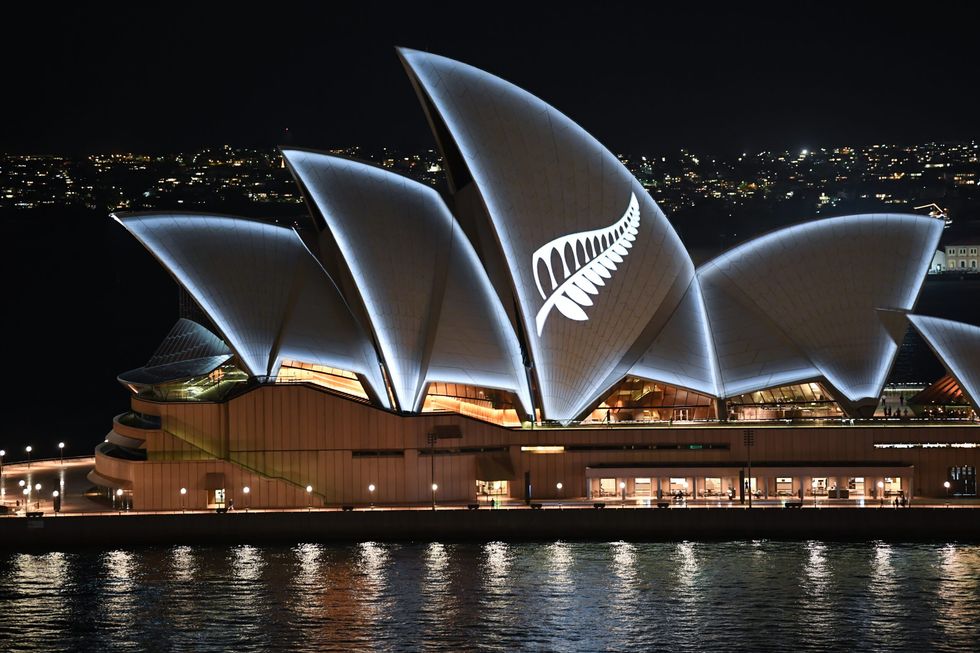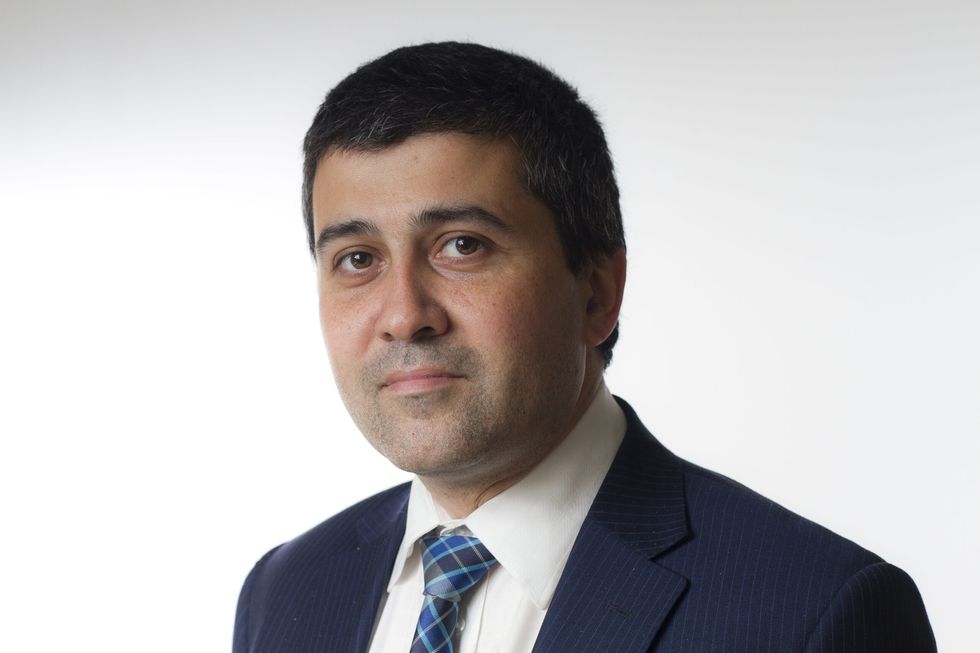FRIDAY marks the fifth anniversary of the Christchurch mosque massacre in New Zealand.
Some 51 people were murdered, at two mosques, where they had gone to pray. That is a stark reminder of the deadly threat posed by hateful extremism.
Keeping citizens safe is the first responsibility of governments. Extremism will be a central focus at Westminster this week after contested arguments about the boundaries of democratic protest. Persuasion should never become intimidation of elected representatives. The police need to tackle unlawful hatred on placards robustly.
Yet there may be more risk than reward in redefining extremism just months before a General Election, especially if the motive appears to be primarily about finding partisan ‘dividing lines’ for the campaign to come.
So senior figures from the major parties – including former Conservative and Labour Home and Communities Secretaries, and key advisers to government such as Louise Casey, Sara Khan and John Mann, are making a case for cross-party consensus. A change of government before Christmas is more likely than not. So a party divide would risk delivering a stop-start policy while heightening and polarising the debate. The jury remains out on how far the government’s approach will heed that call.
Christchurch was New Zealand’s first major terror attack. Its Australian perpetrator stoked his hatred in international movements: inspired by slaughter in Norway, donating money to Generation Identity in Austria, and writing “for Rotherham” on an ammunition case.

The deadly ideology that day in Christchurch was an extreme right-wing hatred, which saw Muslims, minorities and migrants as an existential threat. Do you feel any remorse for the attack?’ the terrorist asked himself in his online manifesto. ‘No, I only wish I could have killed more invaders’. In July 2005 in London, the 7/7 bombings that killed 52 Londoners on trains, tubes and buses on their way to work were inspired by Islamist extremism.
Those parallel extremisms have a symbiotic interest in denying the possibility of a successful multi-ethnic society. The threats are not of equal scale – three-quarters of the MI5 domestic terror threat workload comes from Islamist extremism and one-quarter from the extreme right. In both cases, successful disruption of organised groups leads to risks from diffuse online networks, where individuals fantasising about violence towards MPs, or the groups they hate, can be socialised towards action.
Every extremist claims to identify as a counter-extremist, citing the threat of the ‘other’ to legitimise violence to protect an in-group.
“Vigilance without alarmism” must be the watchword for government policy. Intelligence and policing must be rooted in broader prevention strategies that can challenge, disrupt and isolate the hateful ideologies that seek to inspire and justify terrible violence. Care should be taken to avoid government counter-extremism narratives being used and abused to stoke fear and hatred of whole sections of society – rather than forensically challenging extremist minorities within them.
Many extreme groups are legal – such as Patriotic Alternative on the far right. The extreme Islamist group Hizb ut-Tahrir danced inside the legal line for the last two decades, finally being proscribed over publishing celebrations of the 7th October pogrom in Israel.

The government has briefed the media that it may put the Muslim Council of Britain on a new ‘extremism’ list. It does not meet the ‘extremism’ threshold of a fundamental opposition to British values. Indeed, it frequently evokes such values in its public statements. The government has no working relationship with the MCB – a policy contested over the last decade and a half. Leader of the House Penny Mordaunt signalled her disagreement with the policy by meeting the MCB’s first female secretary-general. It would be constructive to be clear about the conditions government might have for resuming engagement. But Government can decide who its interlocutors are in working on any public policy. It has antagonistic relationships with many groups, clashing with Stonewall, Liberty, the Runnymede Trust and pro-refugee NGOs on issues including trans rights, civil liberties, race relations and asylum.
Producing an “extremism list” should not be done on the back of an envelope, without any proper process of parliamentary or expert scrutiny.
To place an umbrella network of Muslim organisations – including mosques and community centres up and down the country – on a subjective “extremism” list could be not merely contentious but actively dangerous. That ‘extremist’ label could be exploited not just in mainstream media debate but in extremist milieus too, dedicated to socialising violence against Muslims.
After the Christchurch massacre, five years ago, twenty thousand New Zealanders turned out to Muslim Friday prayers a week later. Solidarity matters, but showing that the terrorist represented a narrow, toxic fringe of opinion did not make his violence any less deadly. We need political leadership that talks and acts on extremism responsibly and effectively – in ways that can tackle and defuse the threats we face.
(The author is the director of British Future)




Comment: Politicising counter-extremism puts us all at risk
Care should be taken to avoid government counter-extremism narratives being abused to stroke fear, says the expert